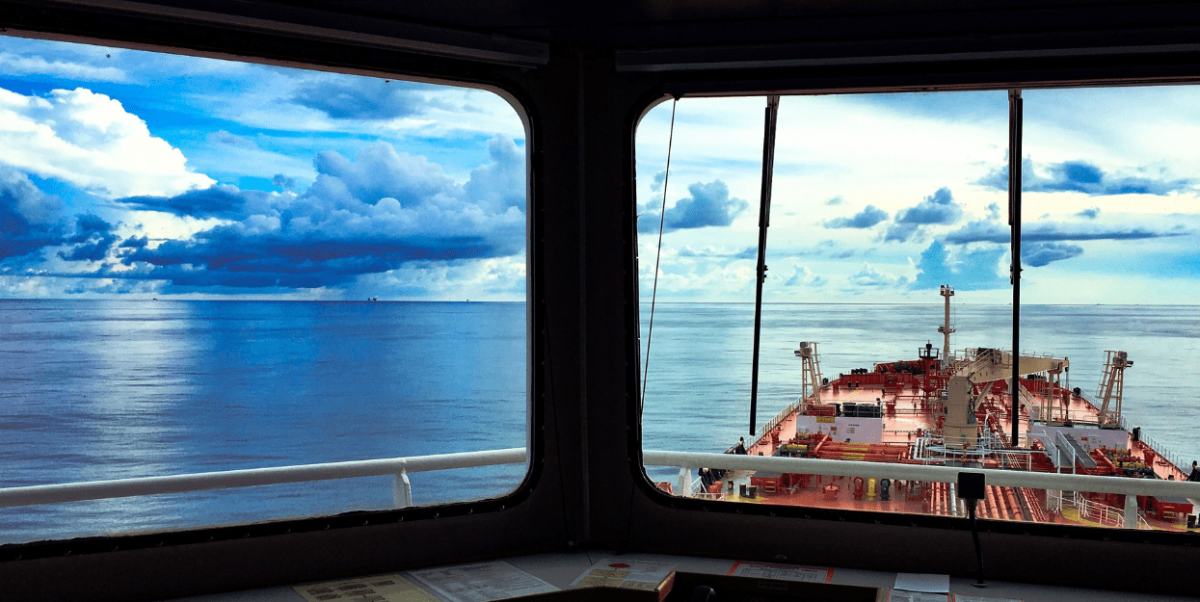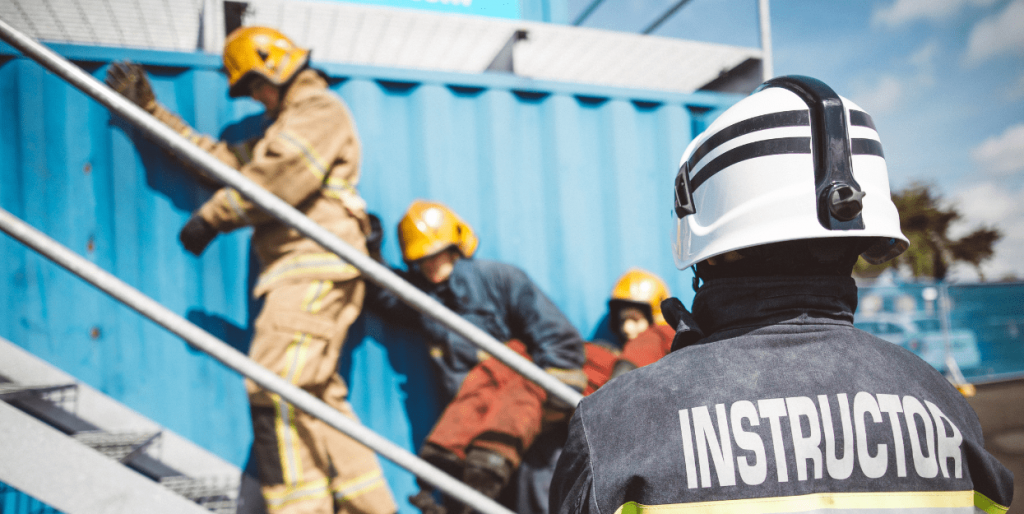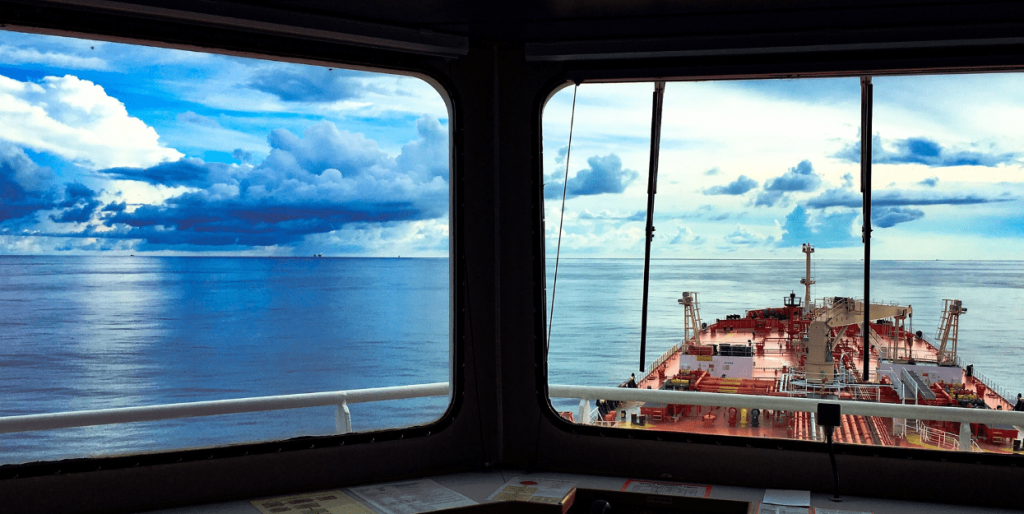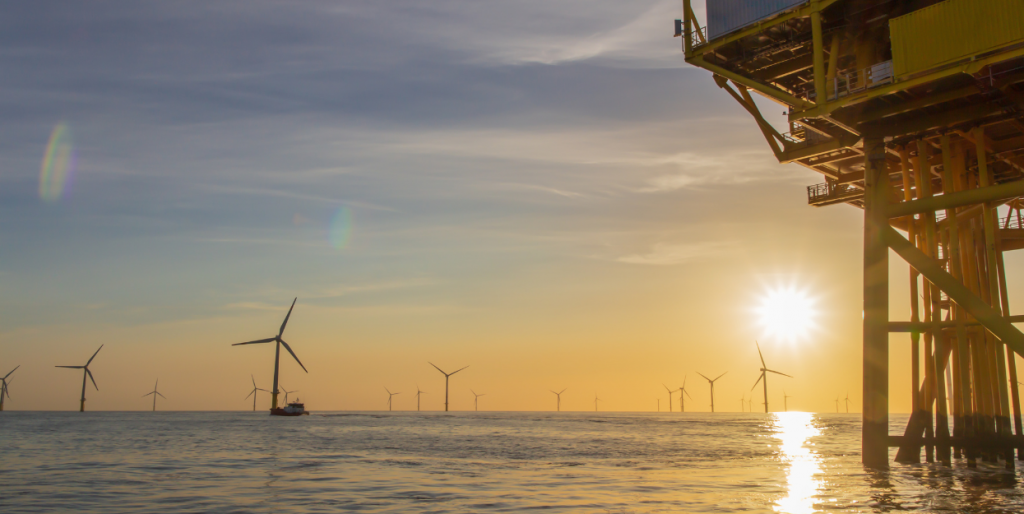The wind energy sector faces an increasing demand for GWO Sea Survival-certified technicians, driven by the global shift toward a cleaner, greener future. It is estimated that a staggering 574,000 wind technicians will be required worldwide by 2027.
However, this course isn’t just aimed at those in the offshore industry.
GWO Sea Survival training also benefits those who spend significant time working at sea, such as seafarers, fishermen, oil rig workers, etc., as this course will prepare you to work safely offshore and what to do in the event of an emergency.
Like those in the offshore sector, maritime professionals face constant challenges from the unpredictable sea conditions. This is why GWO Sea Survival Training provides essential emergency response skills, equipping seafarers to deal with man-overboard situations, capsizing, and vessel evacuations. It is an indispensable part of a safety-first approach.
The full GWO certification (called GWO Basic Safety Training) includes five elements:
- Sea Survival Training
- Fire Awareness Training
- Manual Handling Training
- First Aid Training
- Working at Height Training

What does GWO Sea Survival Training Include?
By completing the Sea Survival module, participants will gain hands-on experience in safe transfers between vessels and offshore structures, rescue procedures, and the effective use of personal protective equipment (PPE) and life-saving appliances (LSAs), allowing them to apply their knowledge in realistic scenarios.
Course topics include:
- Understanding offshore risks
- Familiarity with sea survival equipment
- Overview of safety regulations
- Man overboard techniques
- Cold water survival skills
Benefits of GWO Sea Survival Training
Enhanced Safety Awareness
The training emphasises proactive measures to reduce the likelihood of accidents, instilling a safety-first mindset among delegates. This is critical in environments where a single error can have catastrophic consequences.
Practical Skill Development
Delegates will develop essential life-saving skills through interactive theoretical learning and practical hands-on exercises.
Global Recognition
GWO certification is recognised by employers globally. Therefore, it is an invaluable asset for professionals seeking to enhance their employability in the wind energy and maritime sectors.

Supporting Renewable Energy Goals
As offshore wind farms play an increasing role in renewable energy production, GWO training supports the industry’s growth by ensuring a qualified and safety-conscious workforce.
How often do I have to update my GWO Training?
GWO Survival qualifications must be refreshed and updated every two years, unlike STCW certifications, which are reviewed every five years.
Once completed, your certification will be added to a GWO database, ‘WINDA’, which allows employers to verify your certification.
This course is mandatory for those working offshore in the wind and renewables industry, including engineers, technicians, project managers, etc.
Why Employers Value GWO Training
Employers in the offshore and maritime industries prioritise GWO-certified professionals for their competence in handling high-risk situations. By hiring Trained personnel, companies reduce downtime caused by accidents, improve operational efficiency, and ensure compliance with international safety standards.
GWO Sea Survival Training in Kent
The Maritime Skills Academy offers GWO Sea Survival Training (in partnership with Guardian Training) as an intensive one-day course from our training centre in Dover, Kent. We simulate realistic environments for sea survival exercises with our state-of-the-art Marine Survival Pool and a wind-farm turbine ladder.
In this controlled environment, you will learn the following:
- Cold water swimming and how to avoid hyperthermia
- Dealing with the behaviour of the sea (waves, currents, and tides)
- Man overboard techniques
- National and international legislation
- Sea survival equipment (life jackets, lifeboats, flares etc.)
- Transferring people and equipment to and from offshore structures safely
- Risks faced by offshore workers
To find out more and to make an enquiry, please contact:
Tel: +44 (0) 1795 580 333




